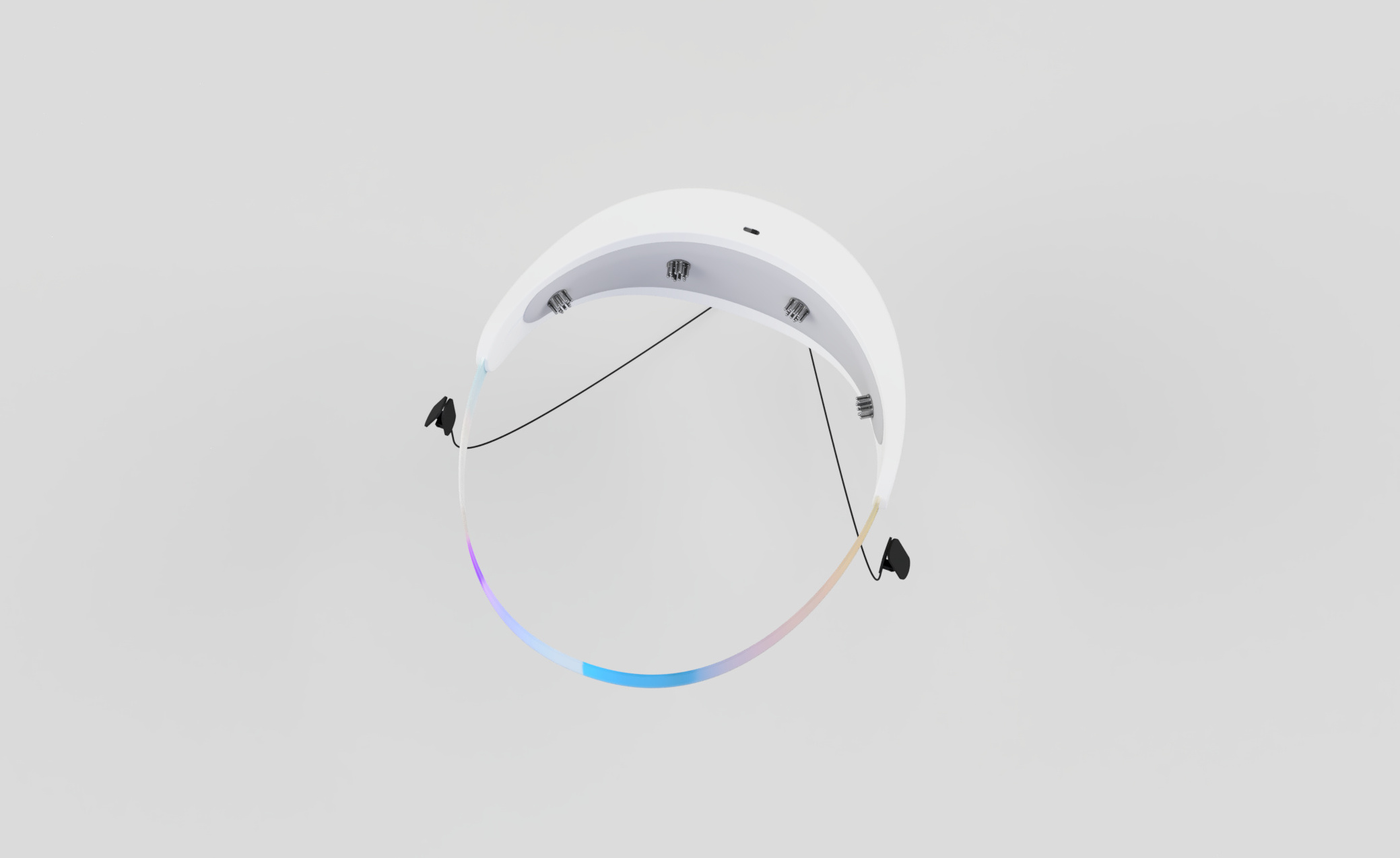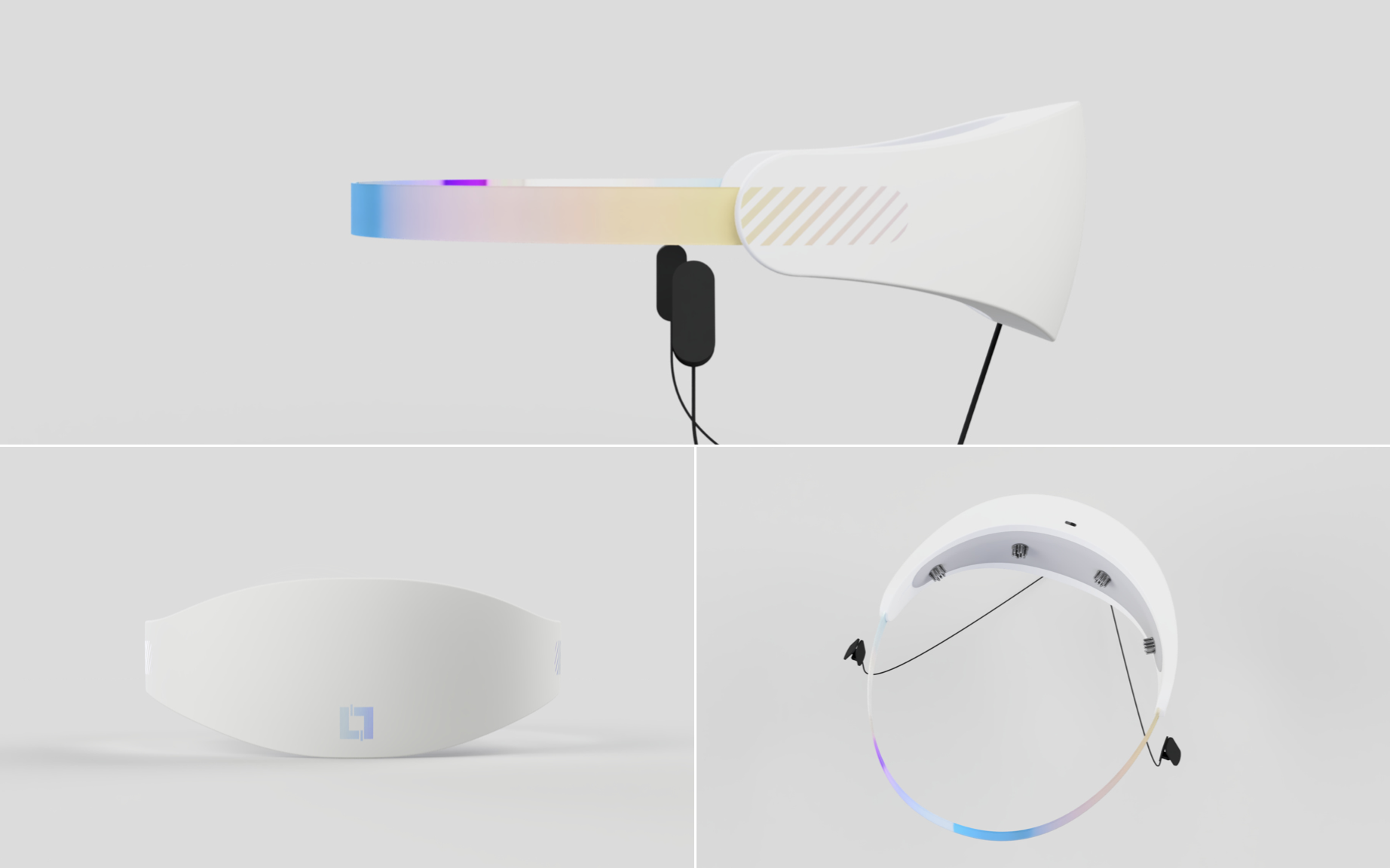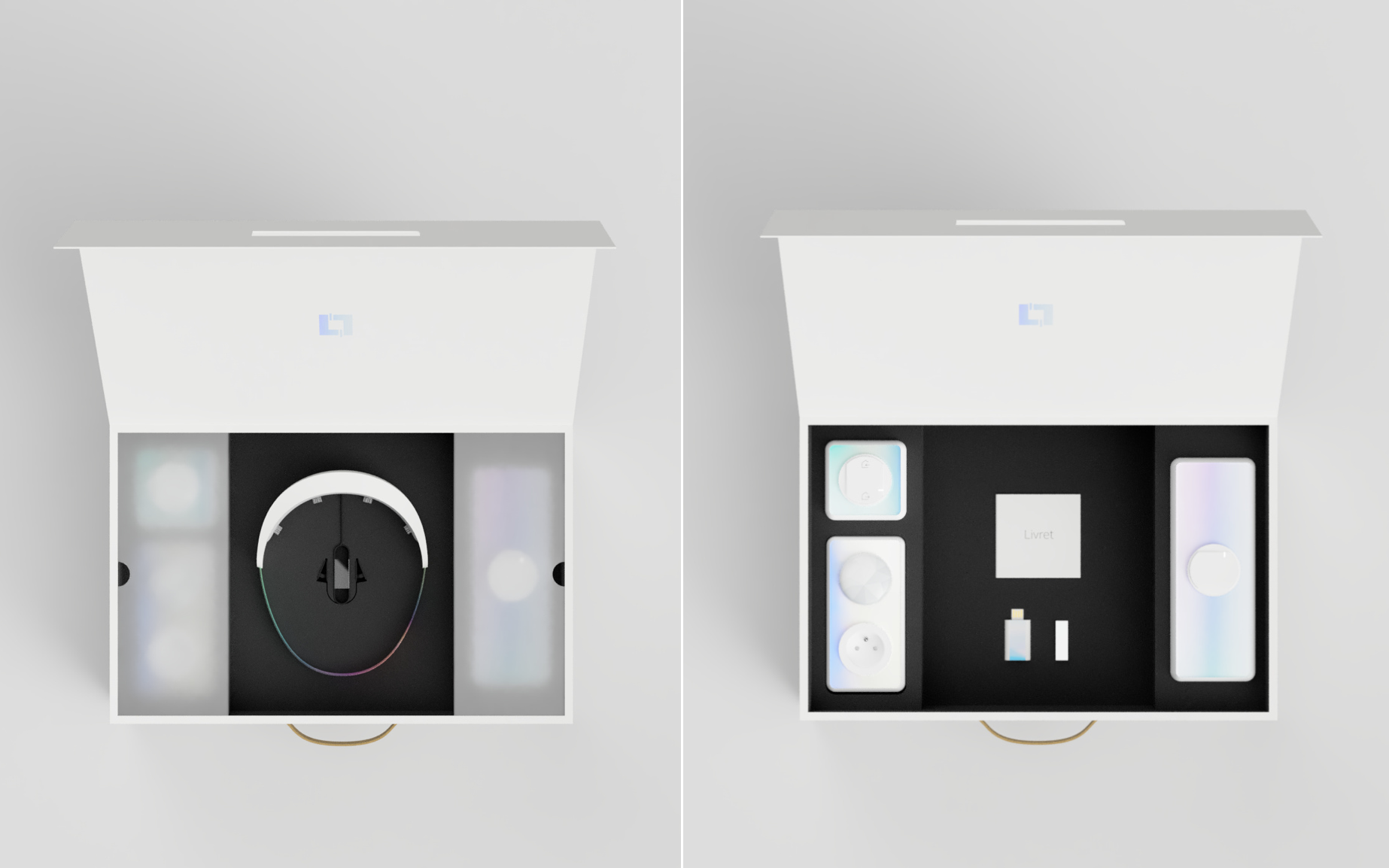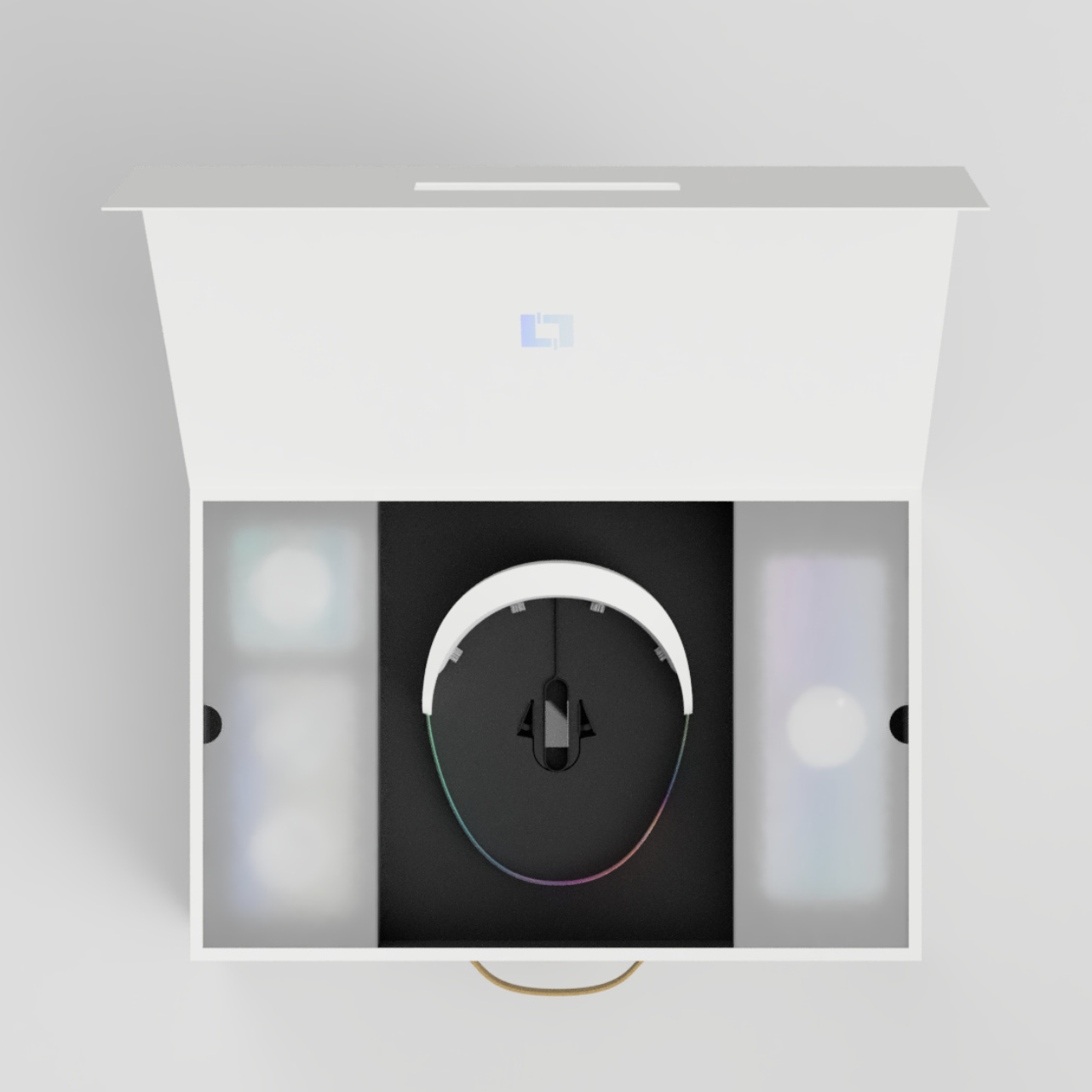Problem - A growing number of people do not have the autonomy necessary to maintain a comfortable life in their homes.
Solution - Restoring autonomy at home is a priority. Brainwave-based interaction can help maintain autonomy with home appliance interaction by removing every physical interaction constraint and providing a health monitoring solution at the same time.
Result - The smart home market awaits a solution for addressing people autonomy, and this groundbreaking innovation introduces new market opportunities based on health and mental states data.

Problem - Autonomy at home for people with disabilities remains a daily challenge and weighs on caregivers
Home automation has the potential to greatly improve the quality of life for people with disabilities. By allowing individuals to control various aspects of their home, such as lighting and temperature, with the touch of a button or the sound of their voice, home automation can provide a level of independence and convenience that was previously unattainable.
However, for many people with disabilities, the ability to interact with home automation systems can be a significant challenge. Physical impairments may make it difficult or impossible to press buttons or use voice commands, while cognitive impairments may prevent individuals from understanding and using the technology.
This lack of accessibility has left many people with disabilities dependent on caregivers or family members to control the technology in their homes, limiting their ability to live independently. Moreover, caregivers are often worried about not knowing whether the dependent person is safe, adding a continuous mental load.

Solution - A Brainwave-based controller for Home Automation
Mentalista and Legrand have joined forces to explore new modalities of interaction with home appliances designed for people with disabilities. Based on years of research conducted by Mentalista on mental imagery, our solution offers an alternative for interacting with the smart home solely with thought, visualizing the desired action in one's brain.
Our solution is capable of analyzing brainwaves in real-time to deduce an action to be performed on a connected object. It is built upon a neural network trained on hundreds of brains to model essential actions in a home, such as turning on the lights or closing the blinds.
The solution not only relies on thoughts to take control of objects but can also monitor the user's mental state to adapt his environment in real-time. For exemple, when the user is stressed, and this information is analyzed in their brain signal, their home can adjust based on pre-configured preferences to modify the environment (lighting, temperature, sound) and help relax the user.
This solution marks the beginning of restoring autonomy to the homes of people with disabilities. However, each new action in the application requires brain data to model the action through an algorithm, and this crucial step of data collection is yet to be deployed on a large scale.

Result - A first step with Legrand which shows that a huge market awaits such a solution
As the technology stands at the forefront of ushering in a new era of smart home interaction, the initial collaboration with Legrand serves as a catalyst for broader adoption and underscores the immense market demand for inclusive, brain-enabled solutions.
Launched with Legrand, this groundbreaking technology has the potential to reshape the landscape of home automation companies. As these businesses predominantly focus on hardware sales, the emergence of mental interactions introduces a new market for hyper-personalization of homes. This shift enables a deeper understanding of the user, facilitating the adaptation of their environment based on their cognitive state.
The ongoing commitment to deploying the crucial data collection process on a larger scale further reinforces the project's commitment to making these advancements accessible to a wider audience, paving the way for a more inclusive and independent future.
